Guest Editors: R. Lyle Skains and An Nguyen, Dept. of Communications & Journalism, Bournemouth University
Register your interest and submit abstracts at https://www.frontiersin.org/research-topics/17893
Keywords: digital narrative, interactive storytelling, health communication, science communication, science education, science journalism
We are seeking papers for a joint issue with Frontiers in Communication (Science and Environmental Communication; Health Communication) and Frontiers in Environmental Science (Science and Environmental Communication) on digital and interactive narratives and science and health education and journalism. This Special Topic aims to investigate how digital media affordances—such as human-machine and human-human interactivity, multimedia capacities, dynamic visual appeal, playfulness, personalization, real-time immersion, multilinear narrative, and so on—have been and can be used to effectively communicate health and science issues. We would like to go beyond the current discourse on fake news, mis/disinformation and online radicalization, which recognizes the malignant effects of digital media on health and science affairs, to refocus on the positive affordances of digital media—both in direct education (e.g., museums, public demonstrations, school settings) and through the media (e.g., news, film, games)—as communication tools and techniques for health and science topics.
The aim of this Research Topic is, therefore, to explore the current state of play, as well as potential future trajectories, of digital narrative and storytelling in the communication of health and science topics. We invite scholarly investigations, including theoretically driven and practice-related research, on any topic relevant to that overall goal. Some potential topics include, but are not limited to:
- How can science and health be effectively communicated through both playful and informative digital narrative and storytelling forms?
- How can information, education and entertainment be integrated into digital narratives about health and science issues?
- How do the socio-technical affordances of digital health and science narrative and storytelling, especially interactivity, affect audience experience, message cohesion, knowledge acquisition, emotional engagement and, ultimately, health/science literacy?
- Can digital narrative and storytelling serve as an antidote to digital health and science mis/disinformation and online science denial more broadly, and in what way?
- How are interactive narratives currently used for health & science communication and what are the social, economic and technological constraints on their production?
Types of Manuscripts:
● Empirical Research Papers
● Practice-led research Projects
● Reviews
● Conceptual Analysis
● Brief Research Reports
● Perspectives/Commentaries
Details on manuscript types: https://www.frontiersin.org/journals/communication#article-types
Abstract Deadline: 31 March 2021
Full Papers: 30 Sept 2021
The full call is at https://www.frontiersin.org/research-topics/17893; please register interest using the “Participate” button, and contact Lyle Skains (lskains@bournemouth.ac.uk) with any questions.

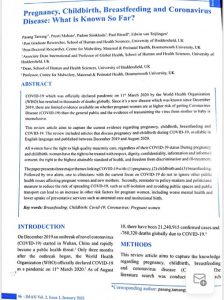
 The RDS Funding Development Briefings now occur weekly, on a Wednesday at 12 noon.
The RDS Funding Development Briefings now occur weekly, on a Wednesday at 12 noon.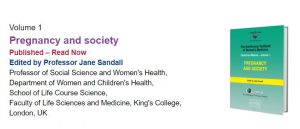
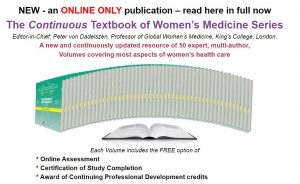
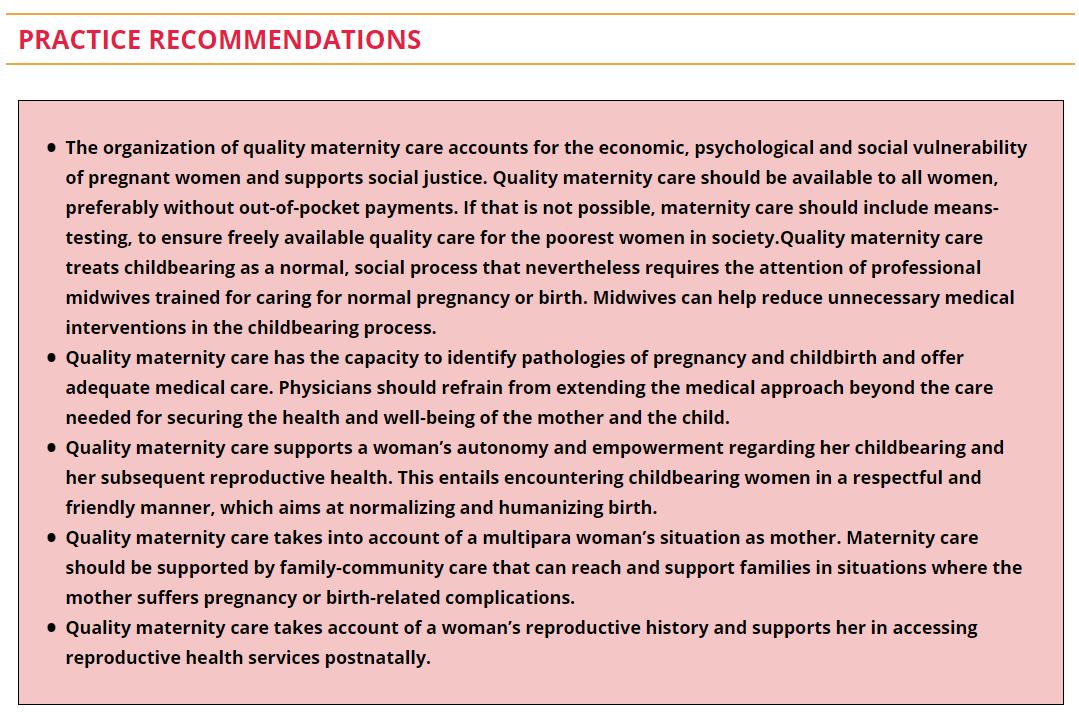
 The Science, Health, and Data Communications Research Group invites you to our Spring-Summer 2021 research series. These talks are open to the public, and encompass topics on representations of women scientists in the media, health inequalities and COVID-19, how comics are used for health messages, and how politics drives decisions around health and science.
The Science, Health, and Data Communications Research Group invites you to our Spring-Summer 2021 research series. These talks are open to the public, and encompass topics on representations of women scientists in the media, health inequalities and COVID-19, how comics are used for health messages, and how politics drives decisions around health and science.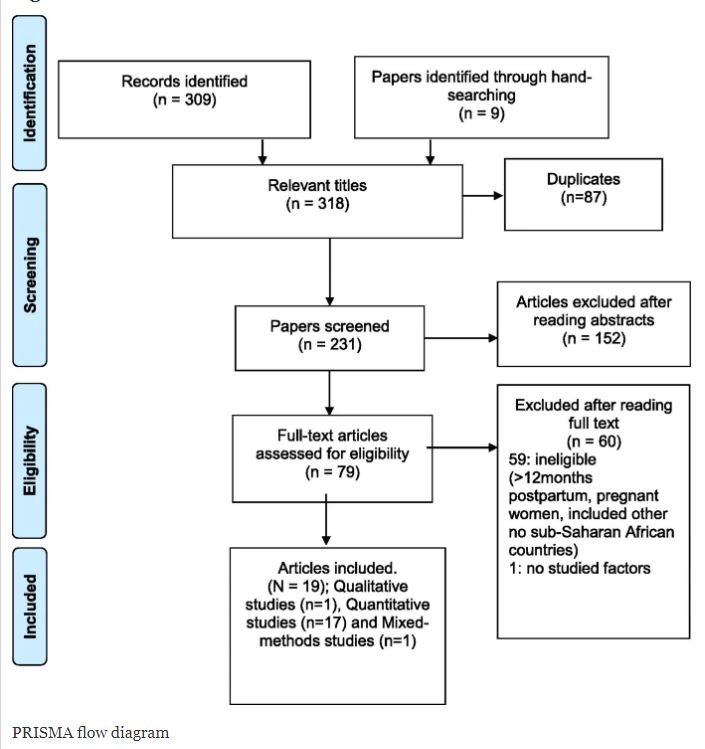
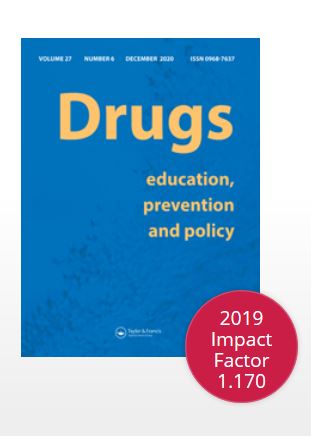
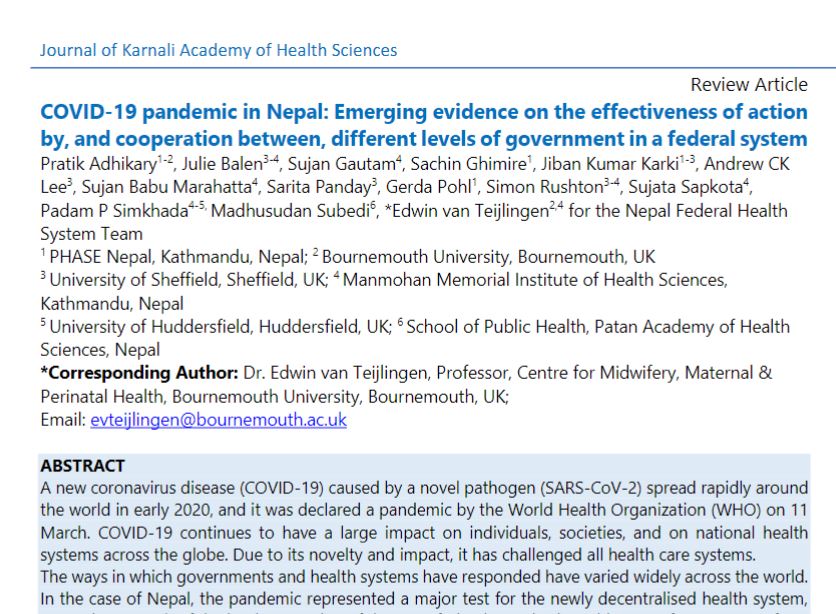
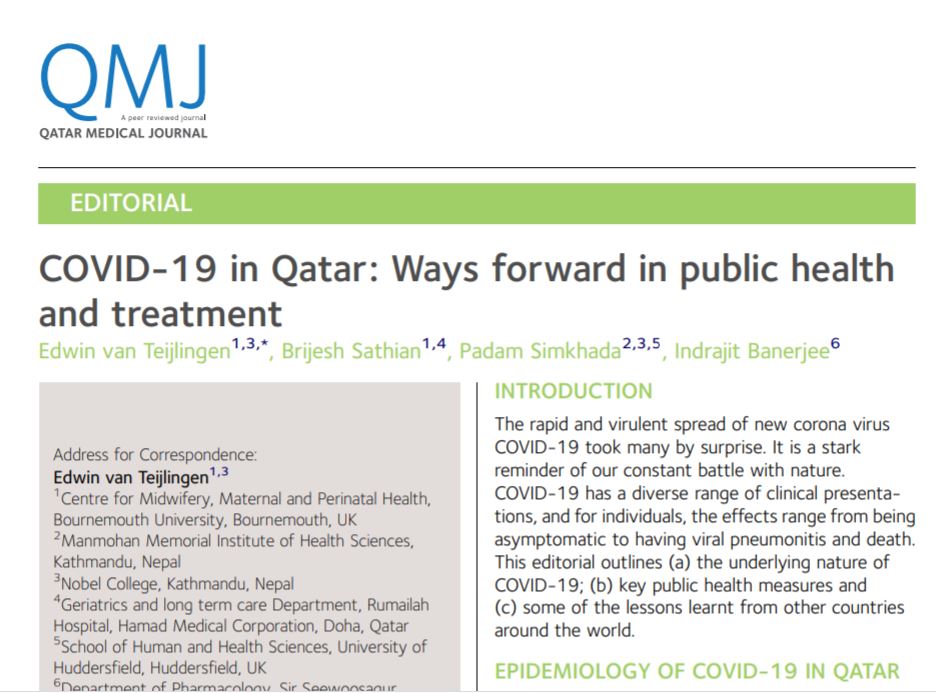
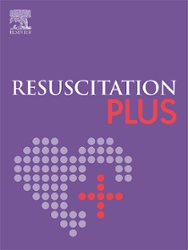
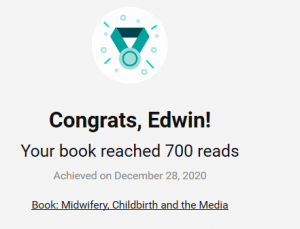

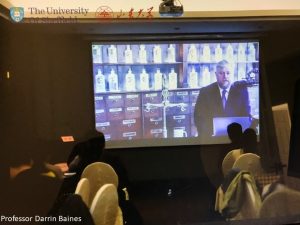 A masterclass was held at Shandong University on 17 and 18 November 2020, overseen by the British Council, with the aim of creating measurable benefits for Chinese patients and the economy by generating new health economics expertise.
A masterclass was held at Shandong University on 17 and 18 November 2020, overseen by the British Council, with the aim of creating measurable benefits for Chinese patients and the economy by generating new health economics expertise.
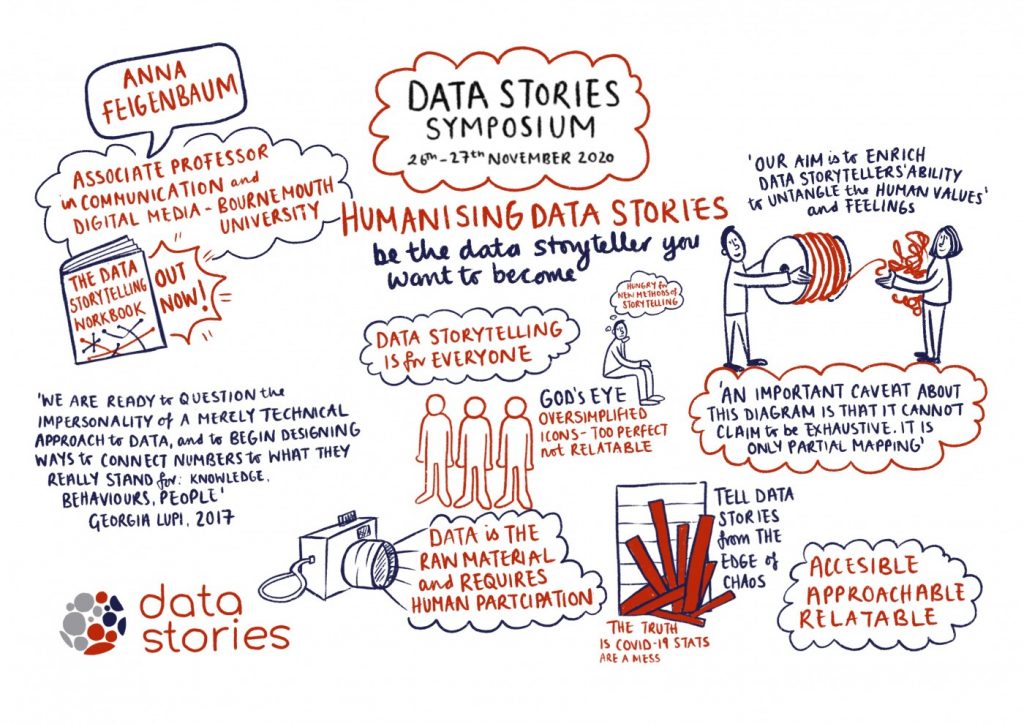













 Missing Persons Indicator Project Recruitment
Missing Persons Indicator Project Recruitment Celebrating our Research: Postgraduate Research Showcase 2026
Celebrating our Research: Postgraduate Research Showcase 2026 Nursing Research REF Impact in Nepal
Nursing Research REF Impact in Nepal Fourth INRC Symposium: From Clinical Applications to Neuro-Inspired Computation
Fourth INRC Symposium: From Clinical Applications to Neuro-Inspired Computation ESRC Festival of Social Science 2025 – Reflecting back and looking ahead to 2026
ESRC Festival of Social Science 2025 – Reflecting back and looking ahead to 2026 3C Event: Research Culture, Community & Cookies – Tuesday 13 January 10-11am
3C Event: Research Culture, Community & Cookies – Tuesday 13 January 10-11am ECR Funding Open Call: Research Culture & Community Grant – Apply now
ECR Funding Open Call: Research Culture & Community Grant – Apply now MSCA Postdoctoral Fellowships 2025 Call
MSCA Postdoctoral Fellowships 2025 Call ERC Advanced Grant 2025 Webinar
ERC Advanced Grant 2025 Webinar Update on UKRO services
Update on UKRO services European research project exploring use of ‘virtual twins’ to better manage metabolic associated fatty liver disease
European research project exploring use of ‘virtual twins’ to better manage metabolic associated fatty liver disease